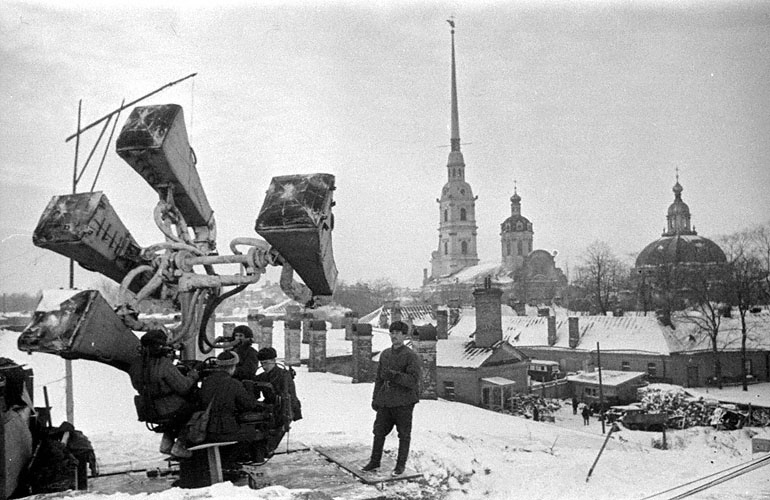The little-known songs were composed during the 900 days siege of Leningrad, when the Germans surrounded the city between September 1941 and January 1944. “Leningraders: the Nine Hundred Days in the Name of Life” will be performed during a tour around Russia and it will be dedicated to the end of the siege.
The effort was initiated by Klassika Foundation, which tracked down forgotten pieces of music and their composers, who gave life to their creations right from the Nazi occupied city of Leningrad. A team of experts went on searching for the unknown music in the archives and libraries in St Petersburg and Moscow.
Among the works which are to be performed during the “Leningraders: the Nine Hundred Days in the Name of Life” concert are Valerian Bogdanov-Berezovsky’s exceptional opera, ‘The People of Leningrad’, Alexander Kamensky’s ‘The Heroic March of Guerilla Fighters’, Vassily Kalafati’s ‘Stars of the Kremlin’, a lullaby from Julia Vaisberg’s ‘The Magic Swan Geese’ and many others.
Performing will be the State Symphony Orchestra of Russia, the choir of Moscow’s Sretensky Monastery and others, The Voice Of Russia reports.
The artistic director of the project, Mr Yuri Laptev insisted that people must hear and listen to the pieces of music created during the 900 days siege of Leningrad. The man who has no surviving relatives from the siege time, continued saying that he learnt about people who “survived in spite of all the harsh trials” from his maths teacher .
Composer Alexei Rybnikov said people have only learnt about the Siege of Leningrad from books, maybe at school and that this must be taken as an opportunity to “think over the nature of human existence once again.”
On one side, he said, the 20th century was one of death and terror, a century when concentration camps were built and people were killed inside, a century when the price of human life was nothing and everything at the same time. On the other side, it was a century that gave birth to exceptional personalities.
What was even more exceptional at the time was that only when things got unbearable and it just couldn’t get worse, people realized they couldn’t survive without arts. That’s when theatres in Leningrad would run productions such as Die Csardasfurstin and Eugene Onegin.
According to government representative, Mr Nikolai Bukhantsov, the program will tour across the whole of the country and it is a charity event, for which performers don’t get paid. It is meant to be a present for those who made it out alive and for those who didn’t; it’s a work to reflect grief, courage and suffering of the early 1940s composers and there muses.
